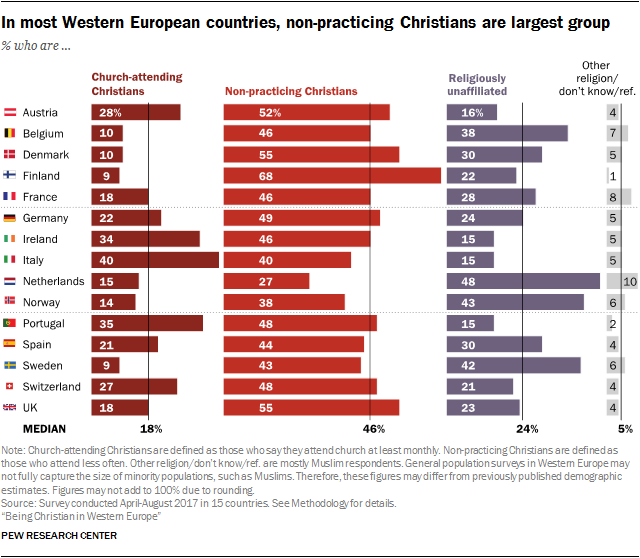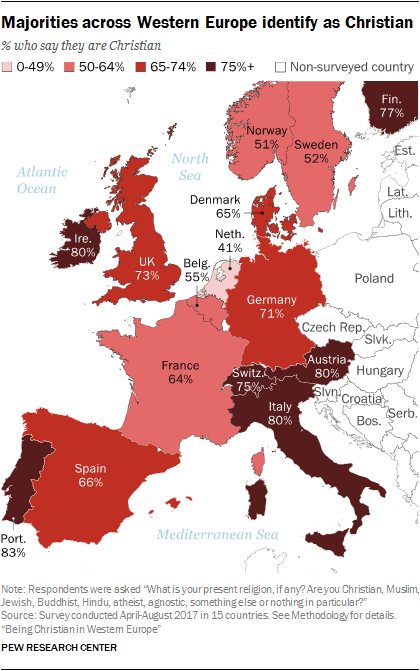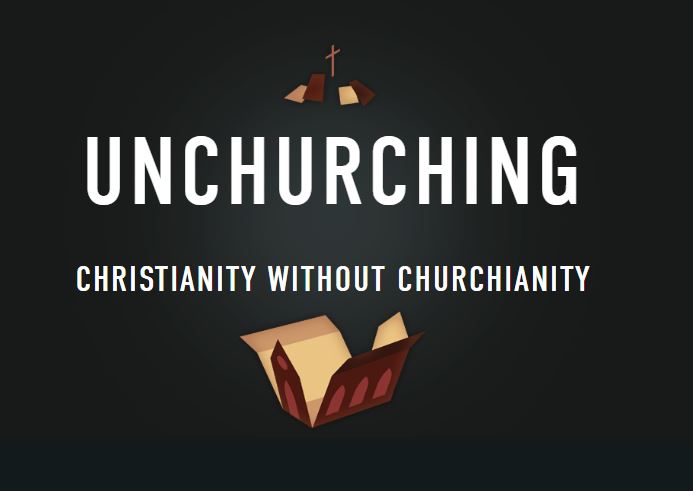Lots of people create themselves their own virtual world, with their virtual friends, but are missing the real-life contacts which build real friendships.
Churches have become empty and people disinterested in God and the Church.
The Church has to come to find new energisers and spiritual leaders who are full of energy to magnetise others and to attract people, curious for finding out what might inspire those people so much that they are so energetic and full of those words they can proclaim with so much fire.
The church also needs people who are willing to have an eye and an ear for what is going on and to be encouragers. They need to be willing to listen to those around them.
It is out of the abundance of God’s presence in their life that there must be 'disciples of Christ' who want to follow in the footsteps of the siciples of Christ, going out in the world, spreading the Good News and caring for the needs of others then becomes a natural outgrowth of faith.
The contemporary church leader has to give the priceless gift of understanding when he or she hears and responds. It’s not that we need to solve someone’s problem. With courage and optimism, however, we can offer words of hope. Recognizing this good, creative, valuable aspect in someone’s life, offers huge encouragement.
As a follower of Jesus, we are called to love one another. One expression of this love is through encouraging words. Many scripture passages tell us to voice words of comfort and strength.
“Therefore encourage one another and build each other up” (1 Thessalonians 5:11).We are siblings in Christ with believers all over the globe. Each of us has a role. Gifted with talents and abilities, we serve to care for those in need. Together we can (and do!) make a difference.
+
Preceding




















